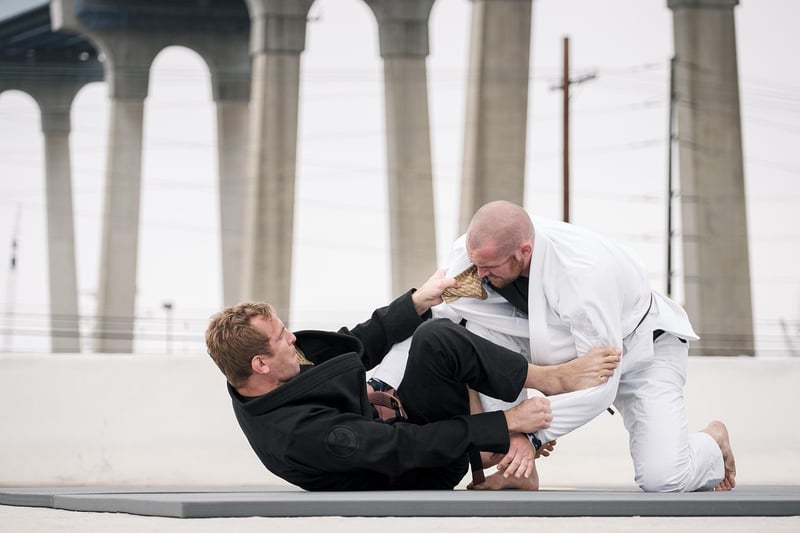Jiu-Jitsu
The Art of Self-Defense: Discipline and Jiu-Jitsu Techniques
In today's world, knowing how to defend yourself is essential. One of the most effective and popular forms of self-defense is Jiu-Jitsu. Not only does Jiu-Jitsu equip you with practical self-defense techniques, but it also instills discipline and mental strength. Let's explore how discipline and self-defense techniques go hand in hand in the world of Jiu-Jitsu.
The Role of Discipline in Self-Defense
Discipline is the cornerstone of any martial art, including Jiu-Jitsu. It teaches practitioners the importance of focus, perseverance, and respect. In the context of self-defense, discipline plays a crucial role in staying calm and composed during high-stress situations. By training in a disciplined manner, individuals can develop the mental fortitude needed to react swiftly and effectively in the face of danger.
Jiu-Jitsu Techniques for Self-Defense
Jiu-Jitsu is a martial art that focuses on ground fighting and submission holds. It is known for its practicality in real-life self-defense scenarios, especially when facing larger or stronger opponents. Some common Jiu-Jitsu techniques used for self-defense include:
- Joint Locks: Techniques that target the joints, such as the elbow or wrist, to immobilize an attacker.
- Chokes: Effective techniques that cut off the blood supply or air to the brain, rendering the attacker unconscious.
- Escapes: Methods to break free from grabs, holds, or ground positions to create distance and gain control.
- Strikes: Basic striking techniques that can be used to create openings or fend off an attacker.
Benefits of Learning Jiu-Jitsu for Self-Defense
Learning Jiu-Jitsu for self-defense offers a myriad of benefits beyond just physical skills. Some of the key advantages include:
- Increased Confidence: Mastering self-defense techniques can boost confidence and empower individuals to navigate the world with a greater sense of security.
- Improved Fitness: Jiu-Jitsu training enhances overall fitness levels, including strength, flexibility, and endurance.
- Self-Discipline: The structured nature of Jiu-Jitsu classes promotes self-discipline and helps individuals set and achieve goals.
- Stress Relief: Engaging in physical activity and learning new skills can be a great way to relieve stress and improve mental well-being.
Conclusion
In conclusion, the combination of discipline and Jiu-Jitsu techniques offers a comprehensive approach to self-defense. By honing both the physical and mental aspects of self-defense, individuals can better protect themselves and others in challenging situations. Whether you are looking to enhance your self-defense skills, improve your fitness, or cultivate self-discipline, Jiu-Jitsu provides a holistic solution that transcends the realm of martial arts.
Remember, self-defense is not just about physical strength; it's also about mental resilience and strategic thinking. Embrace the journey of learning Jiu-Jitsu, and empower yourself with the tools needed to navigate the complexities of self-protection.

Stay safe, stay disciplined, and keep honing your self-defense skills with the art of Jiu-Jitsu!
